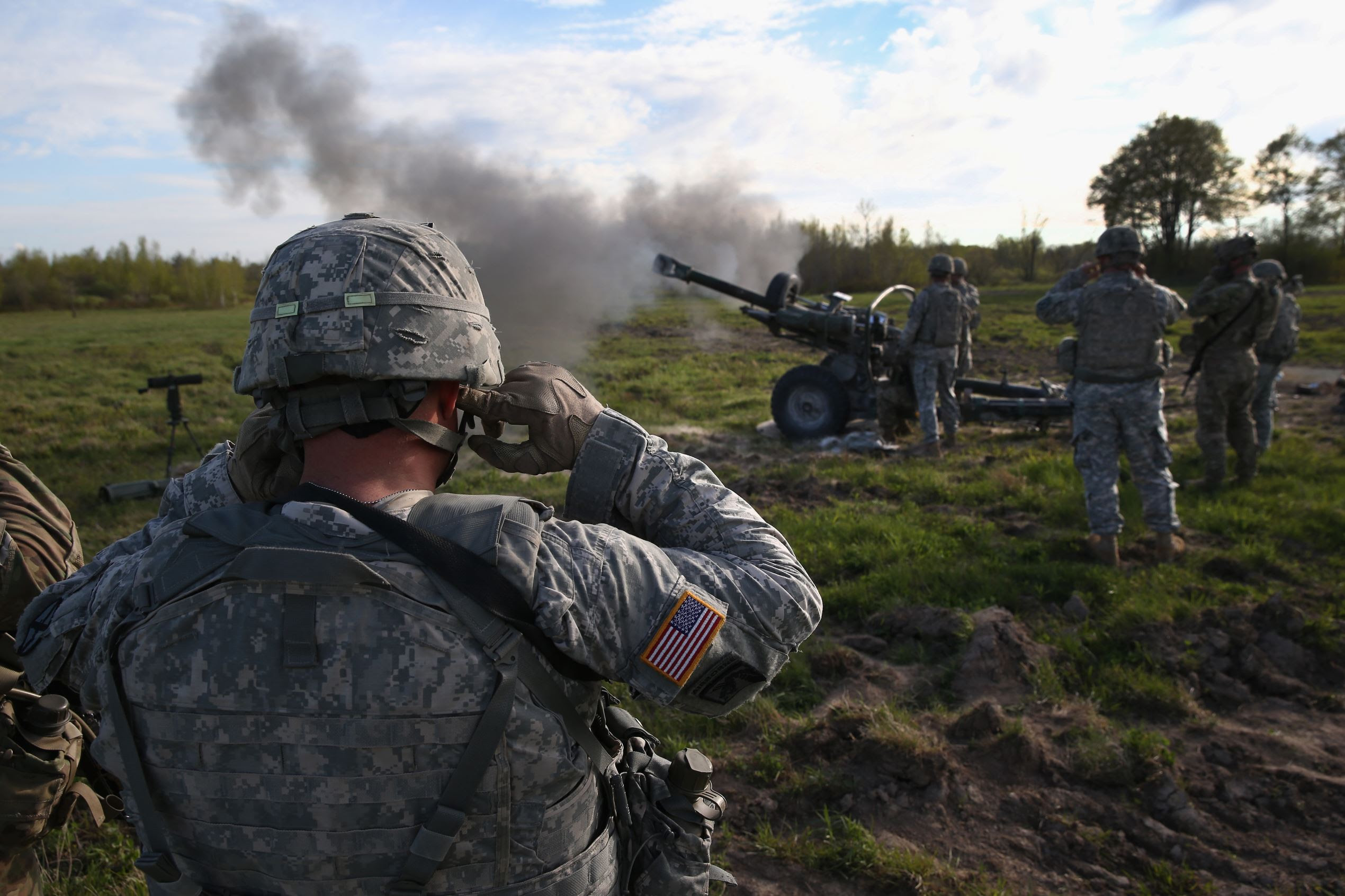
How did we ever win wars before this?
WASHINGTON — The Pentagon plans to announce the repeal of its ban on transgender service members July 1, a controversial decision that would end nearly a year of internal wrangling among the services on how to allow those troops to serve openly, according to Defense officials.
Top personnel officials plan to meet as early as Monday to finalize details of the plan, and Deputy Defense Secretary Bob Work could sign off on it by Wednesday, according to a Defense official familiar with the timetable but who spoke on condition of anonymity because officials were not authorized to speak publicly about it. Final approval would come from Defense Secretary Ash Carter, and the announcement will be on the eve of the Fourth of July weekend.
The plan would direct each branch of the armed services over a one-year period to implement new policies affecting recruiting, housing and uniforms for transgender troops, one official said.
Carter announced last year that the ban, which affects a fraction of the military’s 1.3 million active duty members, would be lifted unless a review showed that doing so would have “adverse impact on military effectiveness and readiness.”
That phrase raised concerns on Capitol Hill where a key lawmaker questioned whether an “honest and balanced assessment” could be made of the effects on “military readiness, morale and good order and discipline” under Carter’s guidelines for the review.
Rep. Mac Thornberry, the Texas Republican who chairs the Armed Services Committee, called on the Pentagon in a letter last July to provide a range of information on the impacts of repealing the ban.
Among the questions Thornberry asked:
“What would be the projected cost of changing the transgender service policy? To what extent would military barracks, ship berths, gym shower facilities, latrines, and other facilities have to be modified to accommodate personnel in various stages of transition and what would be the projected cost of these modifications?” Thornberry wrote.
He also asked about how far the Pentagon would go to provide medical treatment for transgender troops, “including behavioral health treatment, cross-hormone therapy, voice therapy, cosmetic or gender reassignment surgery and other treatments?”
Pentagon officials responded to Thornberry in September, said Eric Pahon, a department spokesman. The main focus of the Pentagon’s review of the policy has been on the effect of repeal on the military’s readiness to fight, Pahon said. More details about the review’s findings are expected to be released soon, he said.
Several issues relating to repeal of the ban have proven to be contentious, according to officials familiar with the review but not authorized to speak publicly about it. One sticking point has been how long transgender service members would have to serve before being eligible for medical treatment to transition to the other gender.
The Pentagon commissioned a RAND Corp. report on transgender troops but has not released it. It estimated that there are fewer than 2,500 transgender service members, 65 of whom would seek medical treatment each year, according toThe New York Times.
The military disqualifies transgender troops for medical reasons. The Pentagon has not tracked the number of troops dismissed under the policy.

No comments:
Post a Comment